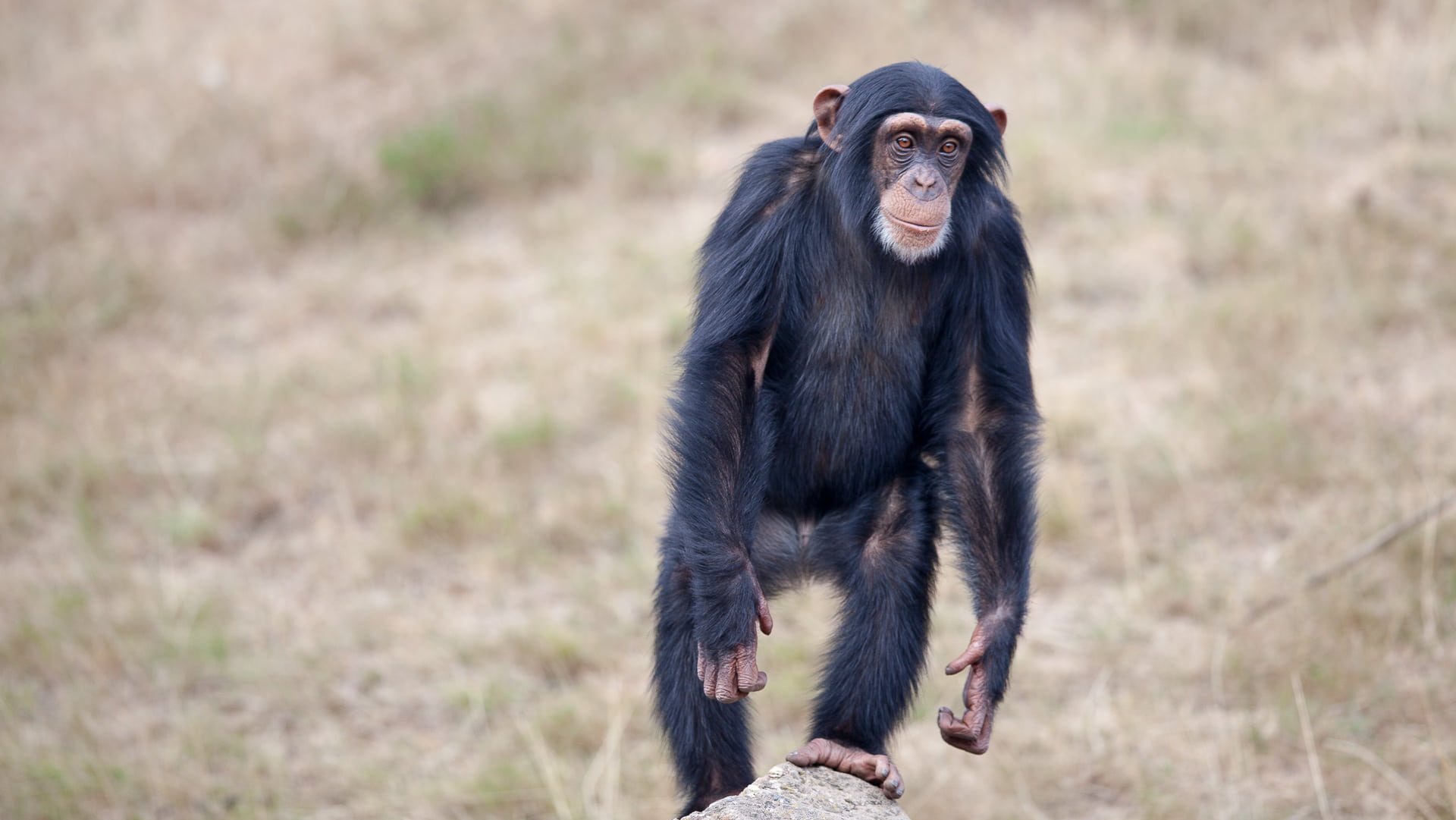
The Spanish government is considering giving increased “rights” to great apes based on their cognitive abilities and genetic closeness to humans—while at the same time refusing to extend human rights to unborn human babies.
The proposed law, drafted under the Ministry of Social Rights, would grant special protections to apes such as gorillas, chimpanzees, and orangutans.
The law, which is an extension of the 2022 Animal Welfare Act, aims to prohibit harmful experimentation on great apes, restrict their use for commercial purposes, and establish stringent guidelines for their care and custody.
However, critics point out that the move to protect animals coincides with Spain’s socialist government refusing to protect unborn children. “Maximum protection for animal life and minimum for human life,” is how El Debate sums up the government’s attitude.
Spain allows unborn babies to be aborted up to 22 weeks gestation, although many in the country’s governing Socialist Party would like this to be greatly expanded.
The proposal to elevate the rights of apes references the work of controversial bioethicist Dr. Joseph Fletcher, a proponent of euthanasia who devised 15 criteria for defining “humanhood,” such as self-awareness, intelligence, and a sense of time. The document explaining the proposal claims that great apes share all these traits.
The proposed law would also prohibit the use of primates for commercial purposes or in any type of show “that undermines their dignity.”
One proponent of the law, Pedro Pozas Terrados, head of the organisation Proyecto Gran Simio, said the Spanish would be “the first in the world.”
“In this way Spain would recognise what science admits and supports, that non-human hominids are our evolutionary brothers and sisters and being within our own family, they deserve special recognition,” he said.
